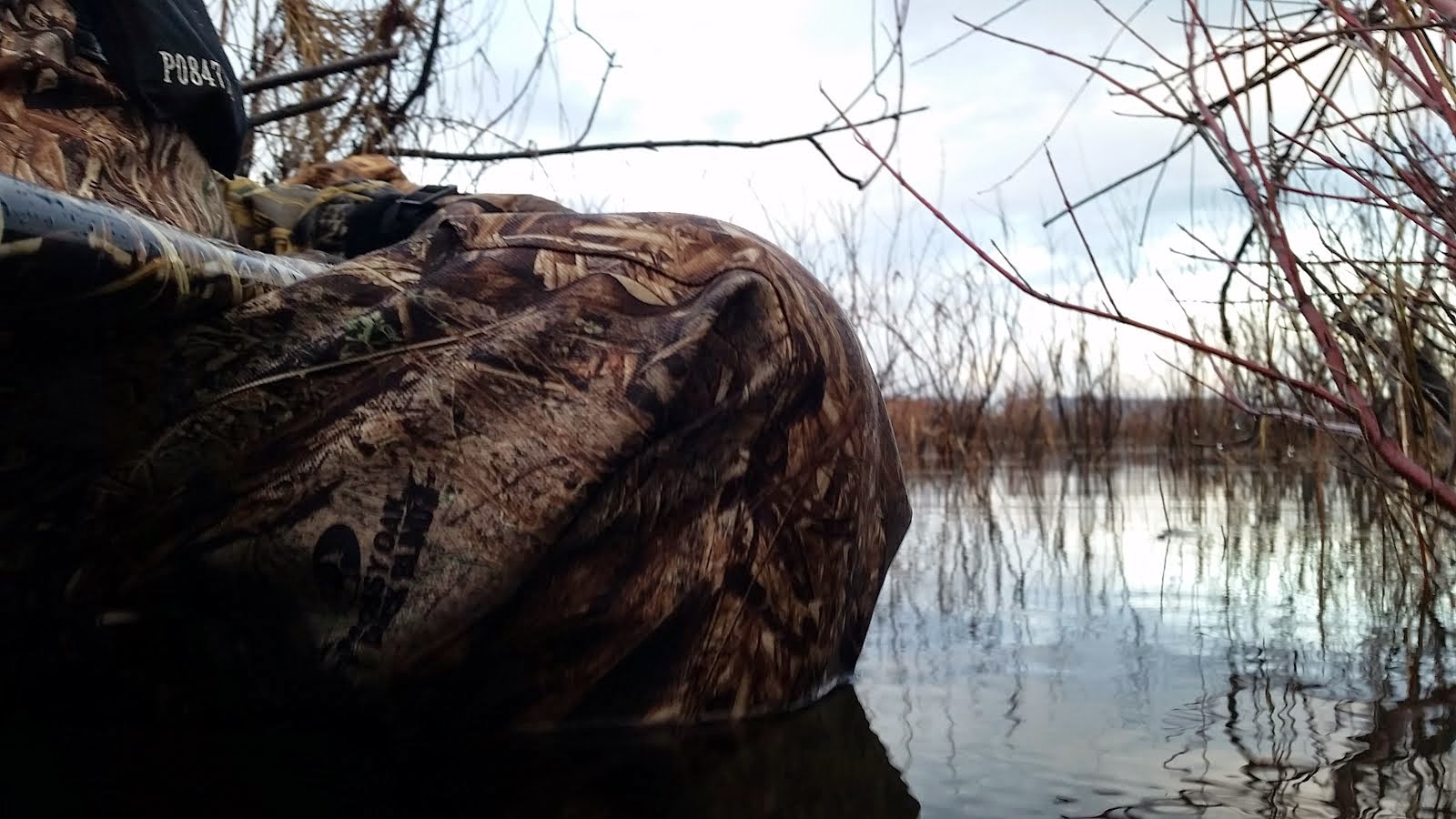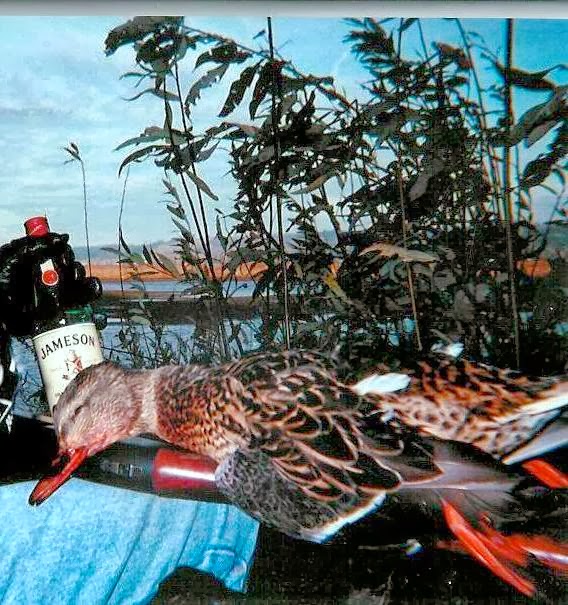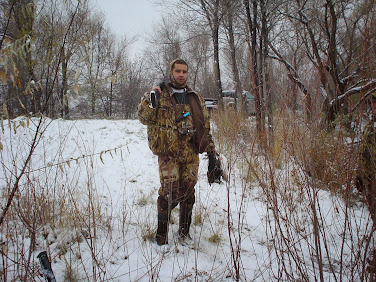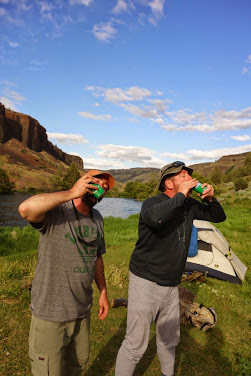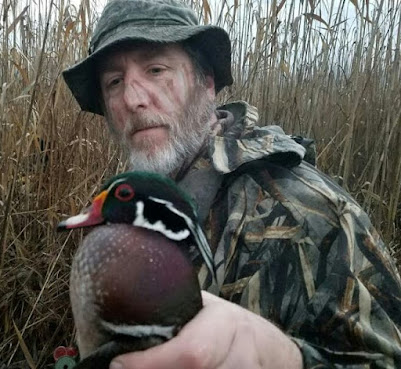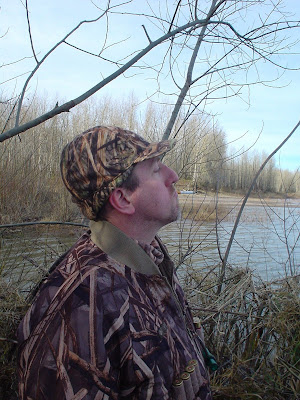
Boy, I sure looked good in that jacket.
I wonder if my next jacket will be that warm?
I hope that my next jacket has lots of pockets.
Maybe I will get a jacket and waders that match.
Man, that was a good jacket.
We Are 'The Best'
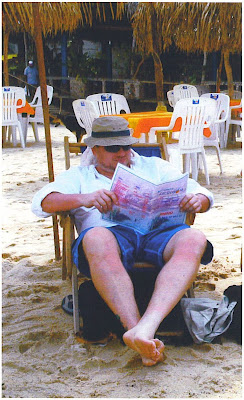 Been wondering just where the heck Fred G has been? Wonder no further. After winning the 120 Million powerball jackpot it seems Fred left the country for a little R & R in the sunny Bahamas. While there he is enjoying the sun and cocktails at the Four Seasons and finally getting that tan he so deserves. Of course he left me here by myself to look after the blog. That is why you never see any posts from Fred anymore. He just dosen't have the time for it. Don't worry though, I'll continue to bring you periodic updates and snippets of news from the HOY7 hunting team and beyond. And anyway, the important thing is that Fred is OK. GBCH.
Been wondering just where the heck Fred G has been? Wonder no further. After winning the 120 Million powerball jackpot it seems Fred left the country for a little R & R in the sunny Bahamas. While there he is enjoying the sun and cocktails at the Four Seasons and finally getting that tan he so deserves. Of course he left me here by myself to look after the blog. That is why you never see any posts from Fred anymore. He just dosen't have the time for it. Don't worry though, I'll continue to bring you periodic updates and snippets of news from the HOY7 hunting team and beyond. And anyway, the important thing is that Fred is OK. GBCH.